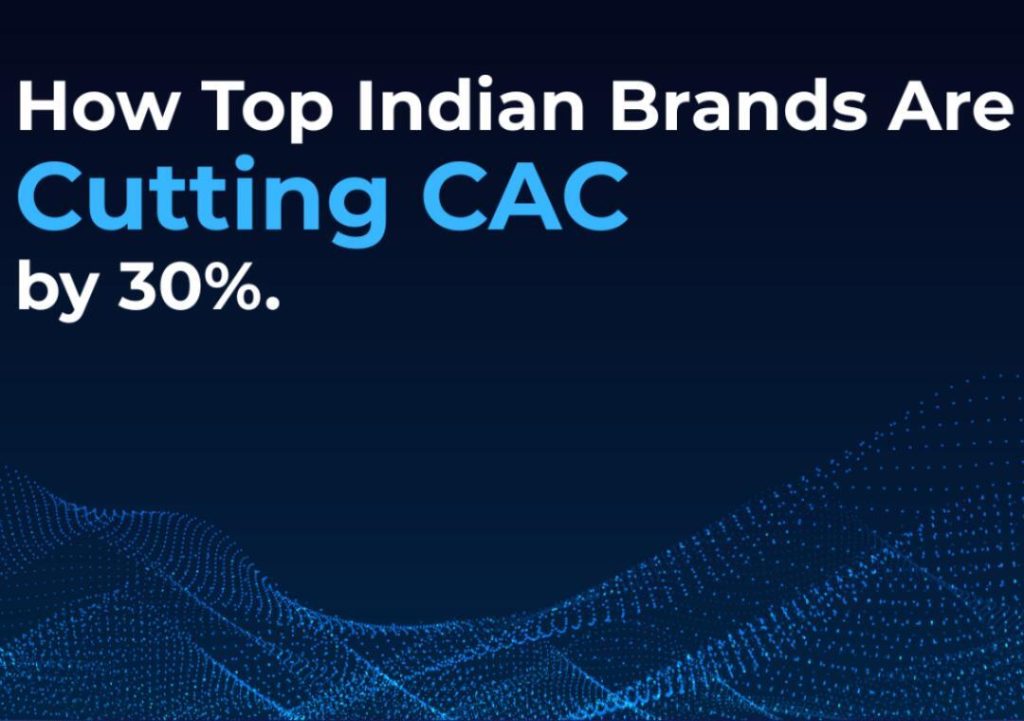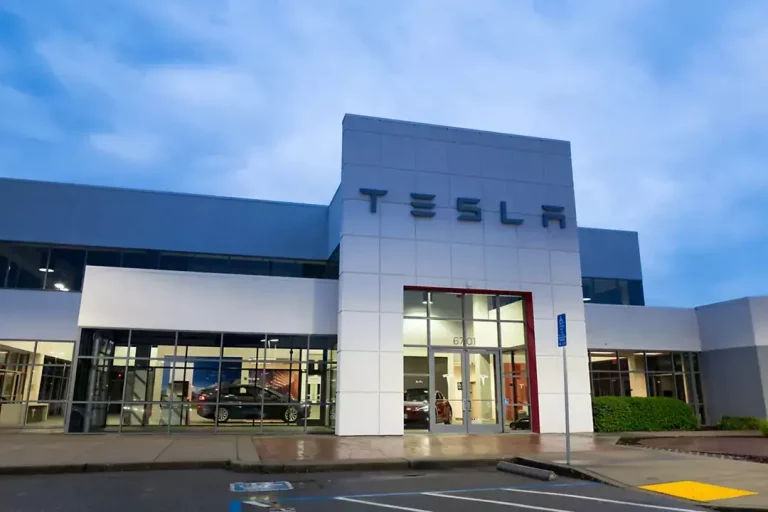
Indian Brands Slash CAC by 30% using AI
In today’s digital landscape, customer acquisition cost (CAC) is a crucial metric for e-commerce businesses. With the rise of direct-to-consumer (D2C) brands, the competition has intensified, making it essential for companies to optimize their marketing strategies to stay ahead of the curve. In India, leading D2C brands have discovered a game-changing solution to reduce their CAC by up to 30%. The secret lies in the strategic integration of AI-powered predictive signals.
The Problem with Traditional Campaigns
Before the advent of AI, D2C brands relied heavily on blanket campaigns to attract customers. These campaigns often involved broad targeting, generic messaging, and a “throw-it-against-the-wall” approach, hoping to capture the attention of potential customers. However, this approach resulted in wasted ad spend, low conversion rates, and a high CAC.
The Rise of AI-Powered Predictive Signals
Enter Intellsys, a cutting-edge AI platform that utilizes predictive signals to identify high-intent users early in the funnel. By analyzing user behavior, browsing history, and search queries, Intellsys maps micro-moments across the customer journey, enabling D2C brands to target users with precision.
How Top Indian Brands are Cutting CAC
Several top Indian D2C brands have successfully implemented Intellsys’ AI-powered predictive signals to reduce their CAC by up to 30%. Here are a few success stories:
- FabAlley: This popular fashion brand reduced its CAC by 25% by using Intellsys to target users who had abandoned their shopping carts. By retargeting these users with personalized messages, FabAlley was able to convert them into paying customers.
- BoAt: This leading audio brand slashed its CAC by 30% by using Intellsys to identify users who were searching for specific products online. By targeting these users with relevant ads, BoAt was able to drive conversions and increase sales.
- Myntra: This fashion giant reduced its CAC by 20% by using Intellsys to target users who had shown interest in similar products. By serving users with personalized product recommendations, Myntra was able to increase engagement and drive sales.
Benefits of AI-Powered Predictive Signals
So, what makes AI-powered predictive signals so effective in reducing CAC? Here are a few key benefits:
- Increased precision: By targeting high-intent users, D2C brands can reduce waste and optimize their ad spend.
- Personalization: AI-powered predictive signals enable brands to serve users with personalized messages and offers, increasing engagement and conversion rates.
- Improved ROI: By reducing CAC and increasing conversions, D2C brands can achieve a higher ROI on their marketing investments.
- Data-driven decision-making: Intellsys provides brands with real-time insights and analytics, enabling them to make data-driven decisions and optimize their marketing strategies.
Conclusion
In conclusion, Indian D2C brands that have implemented AI-powered predictive signals have been able to reduce their CAC by up to 30%. By leveraging Intellsys’ cutting-edge technology, these brands have been able to target high-intent users, increase precision, and drive conversions. As the e-commerce landscape continues to evolve, it’s clear that AI-powered predictive signals will play a crucial role in helping D2C brands thrive.
Source:
https://www.growthjockey.com/blogs/how-top-indian-brands-are-cutting-cac-by-30-with-intellsys






